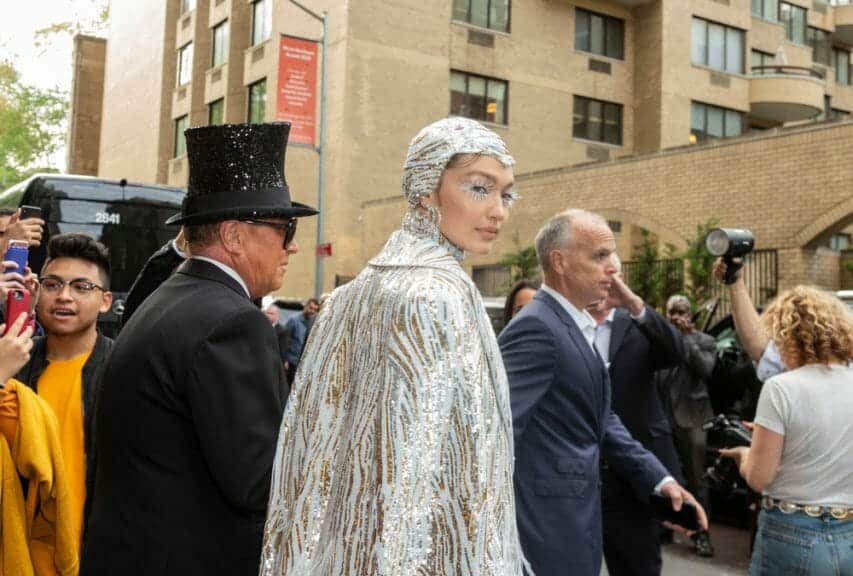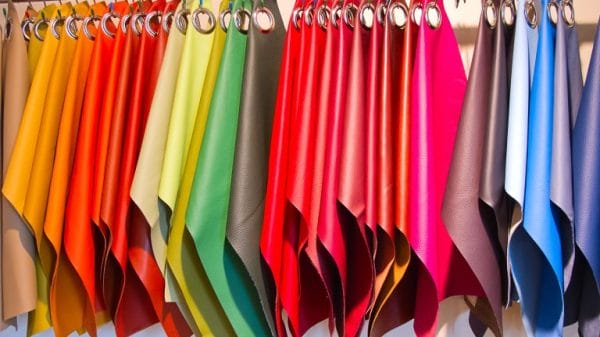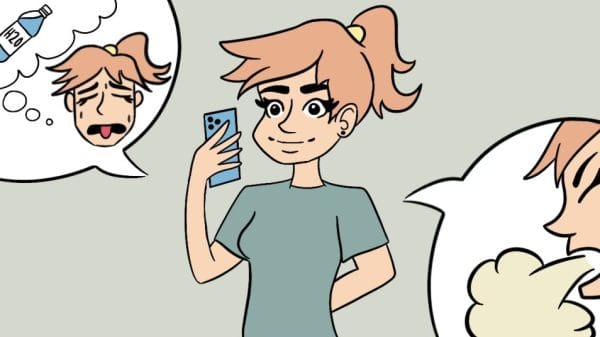The lack of influencers attending the Met Gala might point to efforts to restore its image to what it once was.
This year’s Met Gala seemed to be nothing out of the ordinary. Rihanna once again stole the show, despite a fashionably late arrival. Half of the Kardashian clan showed up, implying their permanent staying power at the event. Everything was glitzy, glamorous, and oozing wealth. However, something was starkly different from the last few galas, and it was not just Jared Leto dressing up as Karl Lagerfeld’s cat. There were no influencers in attendance.
The History of the Met Gala
Publicist Eleanor Lambert founded the first Met Gala in 1948. Its main purpose was to raise money for the Costume Institute. However, on the surface, it seemed like a spectacle for the rich to project their status and wealth. The fact that its guest list was limited to Hollywood’s most elite clientele cemented the public’s belief that its apparent exclusion was intentional. It implicitly sought to create this exhibit of the wealthy for the public to look at from afar in awe and reverence.
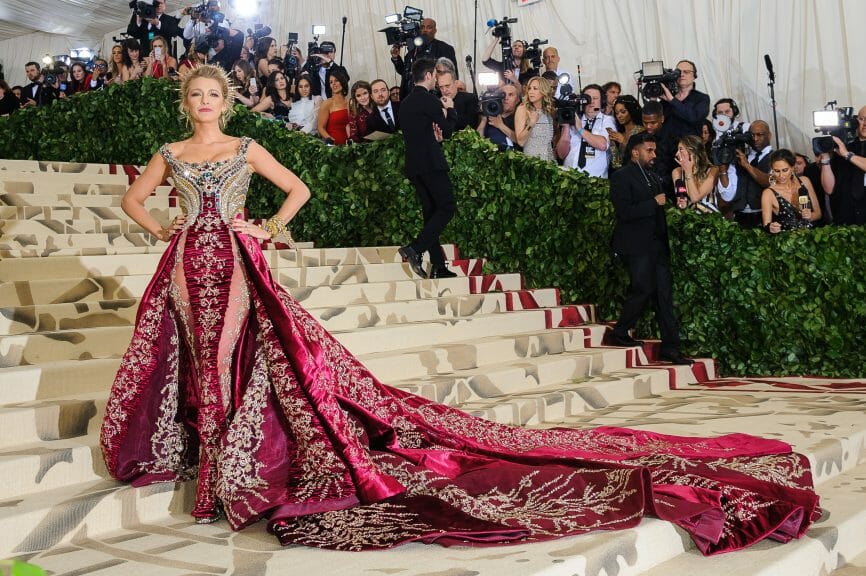
The Arrival of Influencers
However, with the ushering of the digital age came a cultural shift where influencers have dominated media. Throughout the 2010s, influencers gained tremendous social currency, with many leaving an indelible mark in pop culture. The line between influencer and celebrity started to blur, and consequently, the change forced the Met Gala’s boundaries to loosen.
In 2015, blogger Chiara Ferragni became the first influencer to attend the Met. In the years that followed, more and more influencers made their presence. Dixie D’amelio, Addison Rae, NikkieTutorials, and James Charles were just some social media creators that attended between 2015 and 2022.
Why the Drastic Pivot in 2023?
It might have something to do with the discernable criticism from the public in recent years that influencers are tainting the Met Gala’s “clean image.” Many argue they do not possess talent comparable to the notable figures who normally grace the Met Gala carpet.
A popular tweet after the 2019 Met Gala claimed the fashion parade is “losing its exclusivity.” The same user also claimed that influencers do not follow the themes and lack appreciation, causing the event to lose its purpose.
It is ironic that despite the public not holding much authority over decision-making within the entertainment industry, their disapproval, in this instance, holds weight. Ultimately, the Met Gala is a grand media spectacle aimed to entrance the general public and serve as an affair of aspiration. If the charm wears away, so does much of the Met Gala’s core meaning.
The Mind of Anna Wintour
Anna Wintour presided as the lead chairperson in 1995. Since then, the Met Gala has been her pride and joy. Protecting its identity is of utmost importance to her.
“A night of excess and exhibition, the Met Gala is where Wintour flaunts her dominance over an industry that’s predicated on the understanding that there is an ‘in’ and an ‘out,'” reported Time. “The ability to make decisions about who matters is the great source of Wintour’s power—along with her ability to put people in the ‘out’ bucket in an instant.”
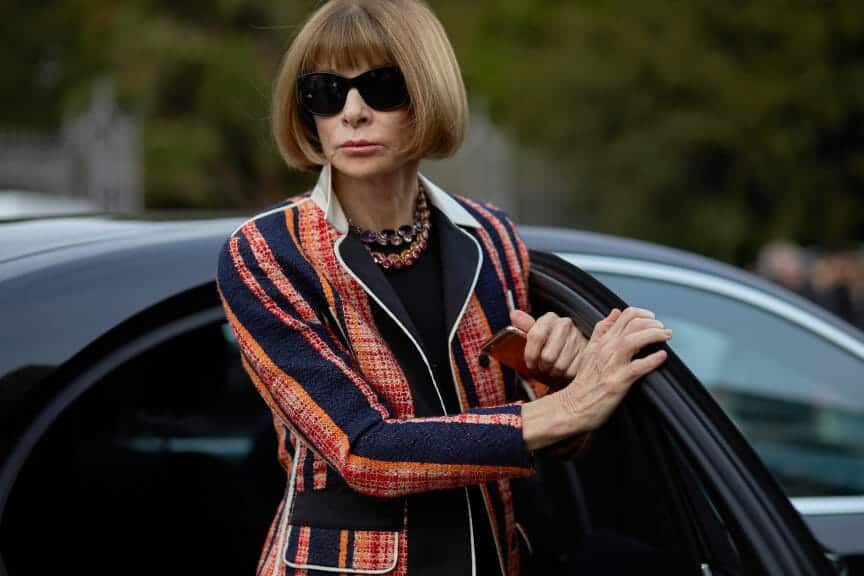
She opened the gates years to let influencers in because that was what the changing tide in the industry demanded. However, if that change is reversing for whatever reason that might be, Wintour would not hesitate to shut them closed again to safeguard its image.
By reinforcing the Met Gala bubble as one that only includes “traditional celebrities,” it seems that is exactly what she might have done.
Especially after the social media upheaval triggered by Kim Kardashian allegedly damaging Marilyn Monroe’s dress, Wintour likely might be trying to reclaim the narrative around the Met Gala.
It is not something to be ridiculed or delegitimized. By removing influencers from the event, Wintour hopes to rebuild the respectability that it once had in the eyes of the public – steeped in opulence and dripping in exclusivity. In doing so, she asserts its credibility and her own.


